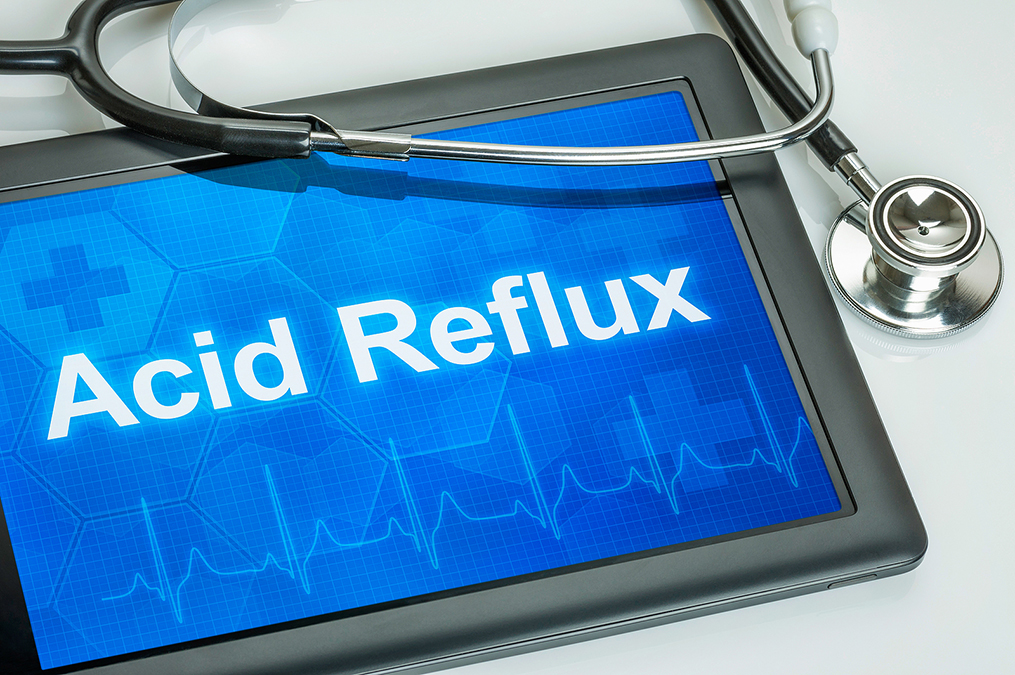 Acid reflux (GERD) is often written-off as a minor condition although it’s actually very serious. And the drugs used to manage it have always been considered quite safe.
Acid reflux (GERD) is often written-off as a minor condition although it’s actually very serious. And the drugs used to manage it have always been considered quite safe.
But a new study published in the journal Psychotherapy and Psychosomatics reveals potentially deadly side effects from one of the most commonly used heartburn medications.
You must stop or reduce your intake of these drugs right now.
Proton-pump inhibitors (PPIs) are among the most commonly taken drugs in the developed world, often to reduce acid reflux.
Researchers examined the medical data of 2,366 people who took PPIs and developed depression and compared them with 9,464 people who took PPIs and did not develop depression.
The two groups were similar with regard to age, gender, and the amount of time for which the scientists observed them.
But it turned out that those who developed depression used a higher dose of daily PPIs than those without depression.
This was especially true for people who took pantoprazole, lansoprazole, and rabeprazole, and less so for those who took omeprazole and esomeprazole.
And depression is a big deal. The fatality rate for major depression is extremely high.
The researchers didn’t know exactly why this happened, but ventured two educated guesses:
1. They thought it was possible that PPIs prevented people’s bodies from absorbing all the nutrients from their food, leaving them without what was essential for healthy psychological function.
2. Alternatively, they thought PPIs could disrupt the gut–brain axis—a term that refers to the way in which gut bacteria affect our psychological well-being. Since gut bacteria can boost or block levels of hormones and neurotransmitters in our brains, they can determine our psychological health.

 Overcoming IBD
Overcoming IBD Multiple Sclerosis
Multiple Sclerosis Banishing Bronchitis
Banishing Bronchitis Gum Disease Gone
Gum Disease Gone Overcoming Onychomycosis
Overcoming Onychomycosis Neuropathy No More
Neuropathy No More The Prostate Protocol
The Prostate Protocol Brain Booster
Brain Booster
 Ironbound
Ironbound
 Solution for Shingles
Solution for Shingles
 The Bone Density Solution
The Bone Density Solution
 The Ultimate Healing Protocol
The Ultimate Healing Protocol
 The Parkinson's Protocol
The Parkinson's Protocol
 The Chronic Kidney Disease Solution
The Chronic Kidney Disease Solution
 Overthrowing Anxiety
Overthrowing Anxiety The Fatty Liver Solution
The Fatty Liver Solution The Hypothyroidism Solution
The Hypothyroidism Solution
 The End of Gout
The End of Gout The Blood Pressure Program
The Blood Pressure Program
 The Oxigized Cholesterol Strategy
The Oxigized Cholesterol Strategy
 Stop Snoring And Sleep Apnea Program
Stop Snoring And Sleep Apnea Program
 The Arthritis Strategy
The Arthritis Strategy The Vertigo & Dizziness Program
The Vertigo & Dizziness Program The 3-Step Diabetes Strategy
The 3-Step Diabetes Strategy Hemorrhoids Healing Protocol
Hemorrhoids Healing Protocol The Erectile Dysfunction Master
The Erectile Dysfunction Master Weight Loss Breeze
Weight Loss Breeze The IBS Program
The IBS Program The Insomnia Program
The Insomnia Program The Migraine and Headache Program
The Migraine and Headache Program The Neck Pain Solution
The Neck Pain Solution The Menopause Solution
The Menopause Solution The Ejaculation Master
The Ejaculation Master The TMJ Solution
The TMJ Solution The Acid Reflux Solution
The Acid Reflux Solution The Fibromyalgia Solution
The Fibromyalgia Solution The Psoriasis Strategy
The Psoriasis Strategy